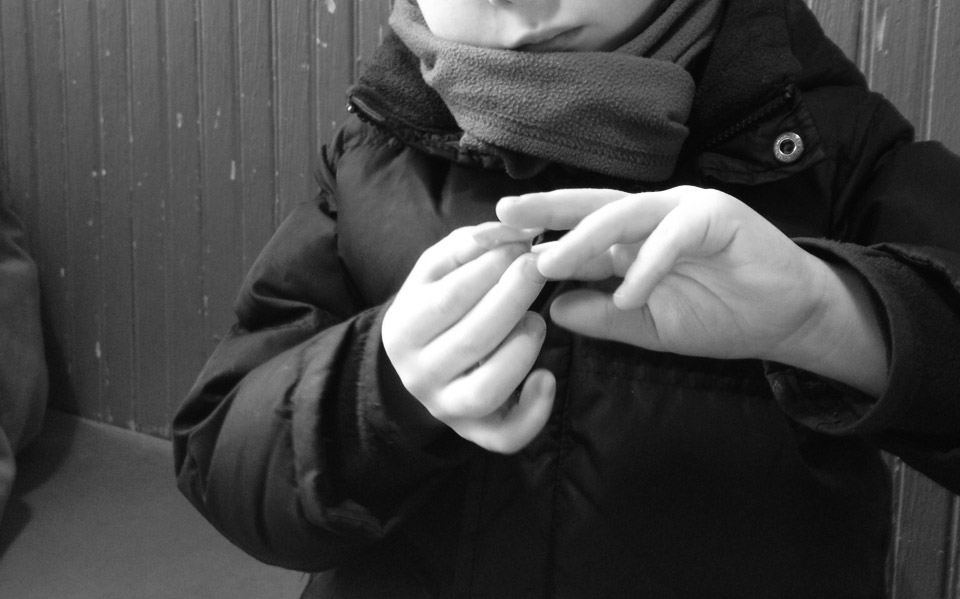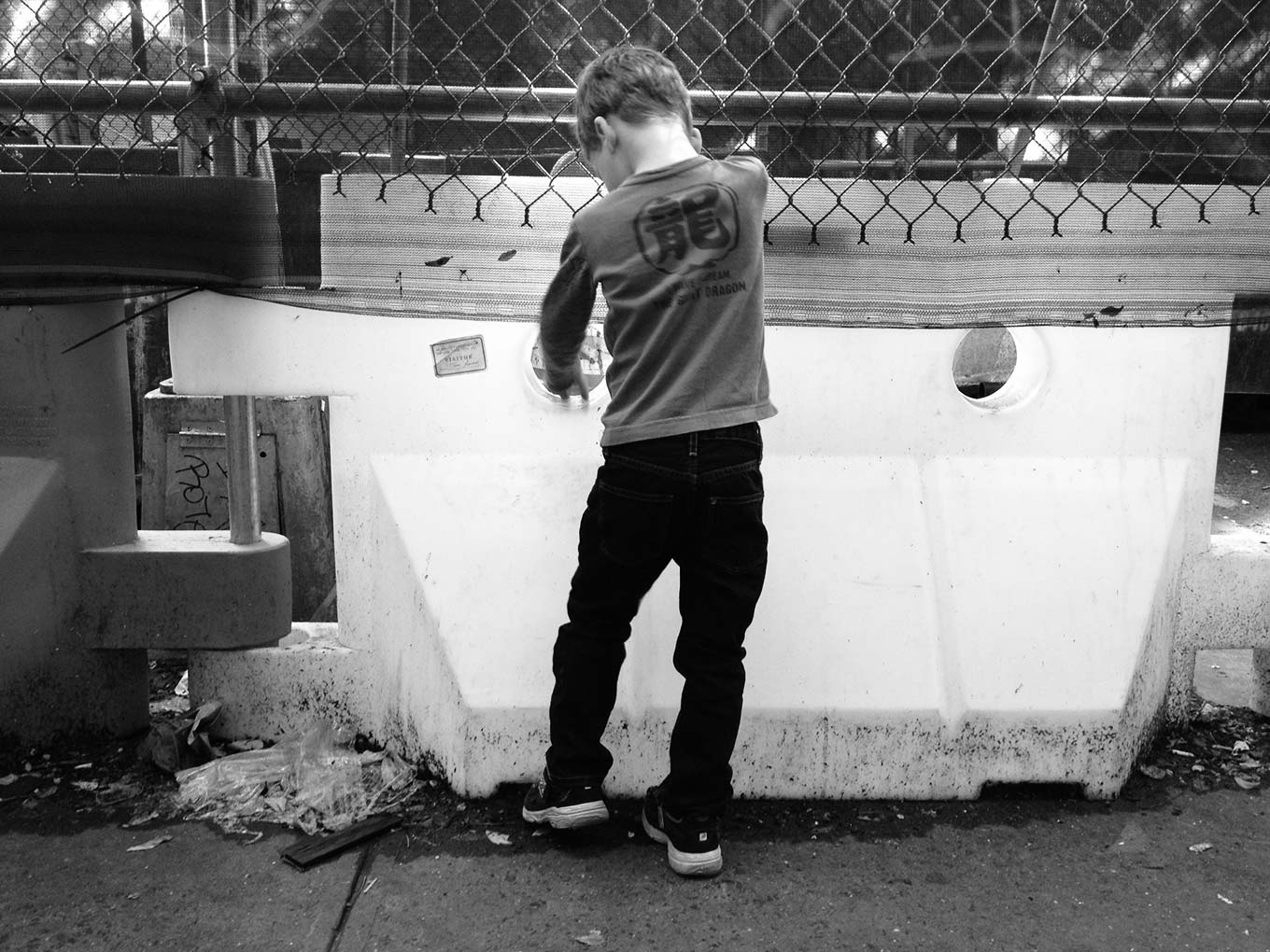When I first began researching autism, I came across the work of Dr. Lorna Wing, a true pioneer in the field of autism research and acceptance. Dr. Wing was a female researcher and psychiatrist at a time when that was a rarity. She was a mom trying to deconstruct her daughter’s elusive condition. She resurfaced the work of Hans Asperger, and renamed "autistic psychopathy" as "Aspergers syndrome" for fear of what the earlier term might connote.
Dr. Wing was an early proponent of the notion that autism doesn't necessarily equal intellectual impairment. And, she was at the forefront in arguing that autism is likely a cluster of underlying conditions with a common core of symptoms, not a singular condition, something many scientists are just now coming to understand.
One could argue she was an early proponent of the notion that autism comes with many gifts, once saying, "I do believe you need autistic traits for real success in science and the arts, and I am fascinated by the behaviors and personalities of musicians and scientists." Sounds a lot like Temple Grandin, I think.
Personally, she was one of the first people I'd heard of who had turned their professional expertise into a lifelong passion in response to a deep need to help their child and others, something I aspire to myself, though on an admittedly much smaller scale.
So it was with sadness that I learned of her recent passing. I am grateful to her and those like her who have set us all in the right direction.

 In a few hours we’ll be meeting with the neuropsychologist who has just completed a weeks long, detailed evaluation of our son, the purpose of which will be to help us (and the DOE) determine the best path forward for his education and, to some extent, his life.
In a few hours we’ll be meeting with the neuropsychologist who has just completed a weeks long, detailed evaluation of our son, the purpose of which will be to help us (and the DOE) determine the best path forward for his education and, to some extent, his life.